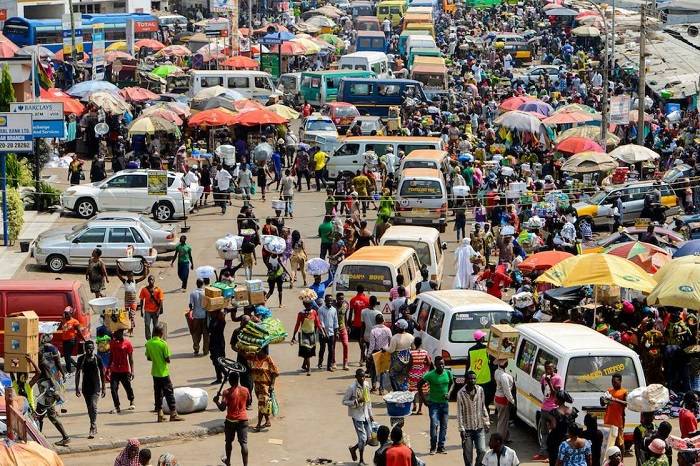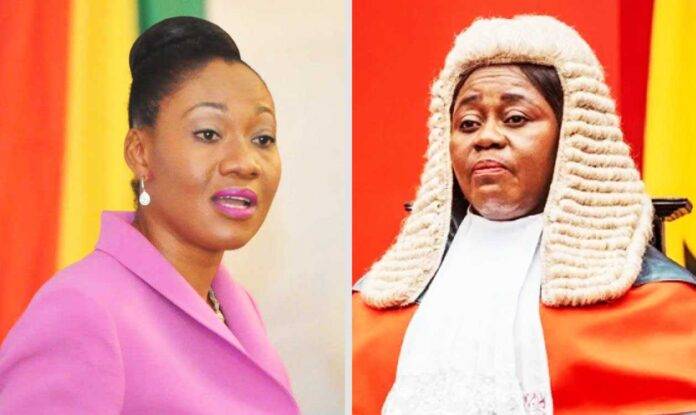The old adage has said it all, "Power is a heavy burden, and those who wield it must be wise and just".
Ghanaians are concerned about the perceived bias and impartiality of leaders like Electoral Commission Chair Jean Mensa and Chief Justice Gertrude Torkornoo, sparking calls for their removal. Some citizens argue that these leaders have shown favoritism, compromising their independence and integrity. The ongoing Chief Justice brouhaha reminds us of the story of Pontius Pilate and Jesus's crucifixion.
The story of Pontius Pilate and the crucifixion of Jesus is a historical account that highlights the dangers of mob justice and the importance of upholding the law. In this story, Jesus was completely innocent of all allegations against him, yet he was condemned to death by the Jewish leaders and crowds who were driven by greed, envy, and a desire for power.
Similarly, in the case of the Chief Justice's removal, the Ghanaian citizens who brought forth the petitions have cited specific reasons, including allegations of judicial bias, abuse of power, and misconduct. Some of the specific offenses cited against the Chief Justice include favoritism in the allocation of cases, undue influence on judicial decisions, and failure to maintain the independence and impartiality of the judiciary.
The Chief Justice's tenure has been marked by several decisions that sparked public displeasure and heated debates. Many Ghanaians have questioned her interpretation of certain laws and her handling of high-profile cases. Some have accused her of selectively applying the law and ignoring precedent, while others have criticized her for failing to provide clear and consistent guidance to lower courts. These controversies have eroded public confidence in the judiciary and fueled calls for reform.
In contrast to the crucifixion story, where Pilate succumbed to the demands of the crowd, President Mahama has taken a more nuanced approach. By suspending the Chief Justice and allowing a full investigation to take place, President Mahama is demonstrating his commitment to due process and the rule of law.
President Mahama's decision to suspend the Chief Justice was made in accordance with Article 146(6) of the Constitution, which provides for the removal of a judge for misconduct or incompetence. A prima facie case was established by a committee, and the Chief Justice was given a chance to respond to the allegations.
One key difference between the two stories is that Pilate ultimately succumbed to the demands of the crowd, while President Mahama has taken a more nuanced approach. By following the rule of law and allowing a full investigation to take place, President Mahama is demonstrating his commitment to justice and fairness.
Ultimately, the decision to remove the Chief Justice is not just about President Mahama, but about the Ghanaian people themselves. Will the replacement of the Chief Justice aid in the removal Jean Mensa and her deputies, as suggested by some experts? Only time will tell.
In brief, President Mahama deserves commendations for his commitment to upholding the rule of law and allowing due process to take its course. By following the Constitution and ensuring that the removal process is fair and transparent, President Mahama is demonstrating his commitment to justice and fairness.




No comments yet
Be the first to share your thoughts!